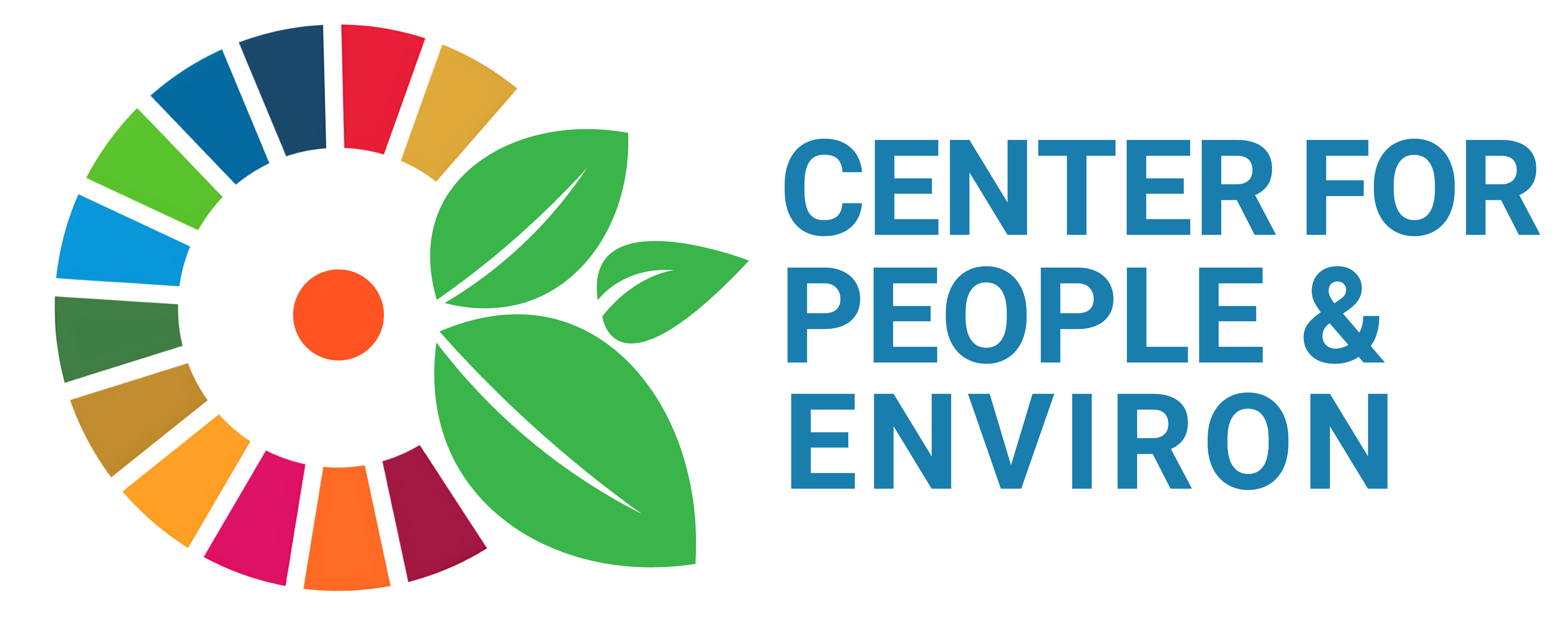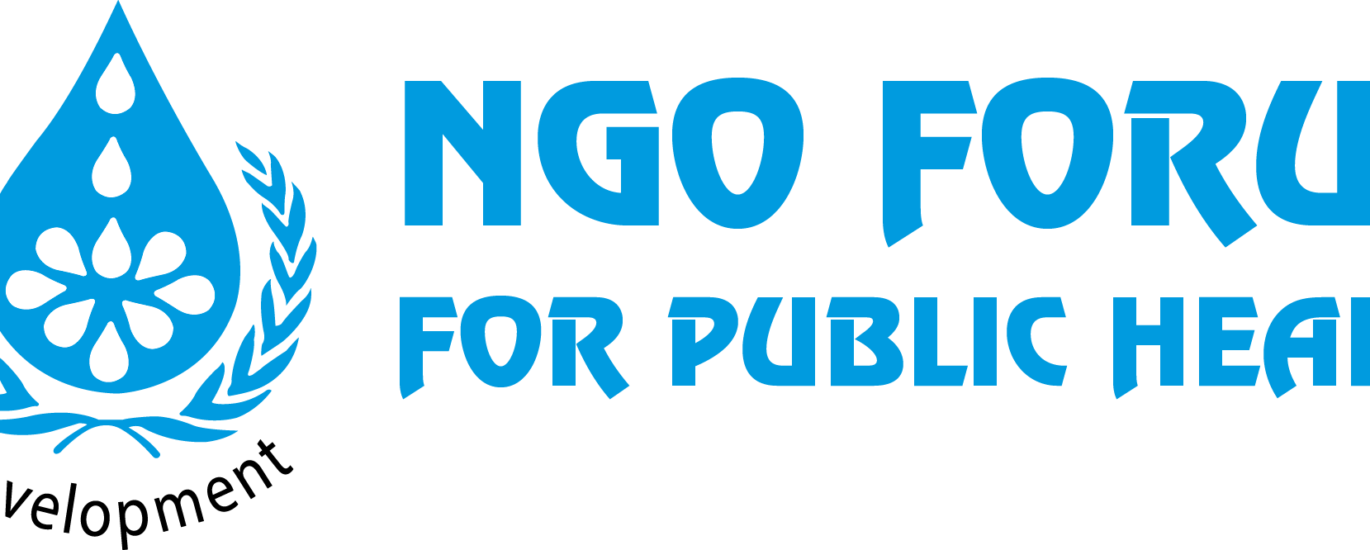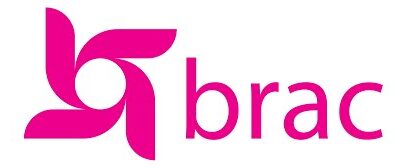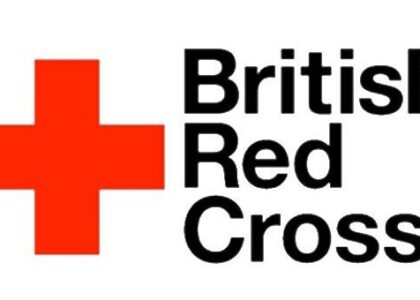Resilient, Inclusive & Innovative Cities in Bangladesh
The major objective of the evaluation is to review the value for money of the projectconcentrating on specific criteria such as effectiveness, sustainability, equity, scalability, & cost-effectiveness by:
- Gather evidence on the project performance by assessing the prescribed set of indicators compared to the Annual Development (AD) Plan and Mid Term Evaluation.
- Evaluate the impact of the Resilient, Inclusive, Innovative Cities Bangladesh (RIICB) Project following OECD-DAC criteria (relevance, coherence, efficiency, effectiveness, impact, and sustainability)
- Generate learning on best practices for improving the influencing/advocacy strategy of the project, considering the context and the external factors affecting the project environment.
The evaluation key questions should focus on the following but not limited to:
- How effective and efficient are the processes of the project’s efforts in achieving the project objectives and outcomes?
- How effectively and appropriately has the project team worked with others (alliances, private sector, policymakers, media, etc.) and involved them in relevant stages through the process?
- What were the gaps which affected service delivery or what were the gaps in service delivery?
- What was the progress toward the project outcomes (based on project indicators)?
- What is the value for money of the project interventions in the field and sector?
- What are the unintended positive and negative results of the Project? How have the external socio-economic and political factors affected this process, constraints, and contributing external factors.
- Relevance of the project to the priorities and policies of the Bangladesh Government to which it is relevant to both
- a) national governments in the countries,
- b) as well as the donor,
- c) beneficiaries, Alliance members, with specific reference to the experiences and opinions of women and other marginalized groups.
Funded By







